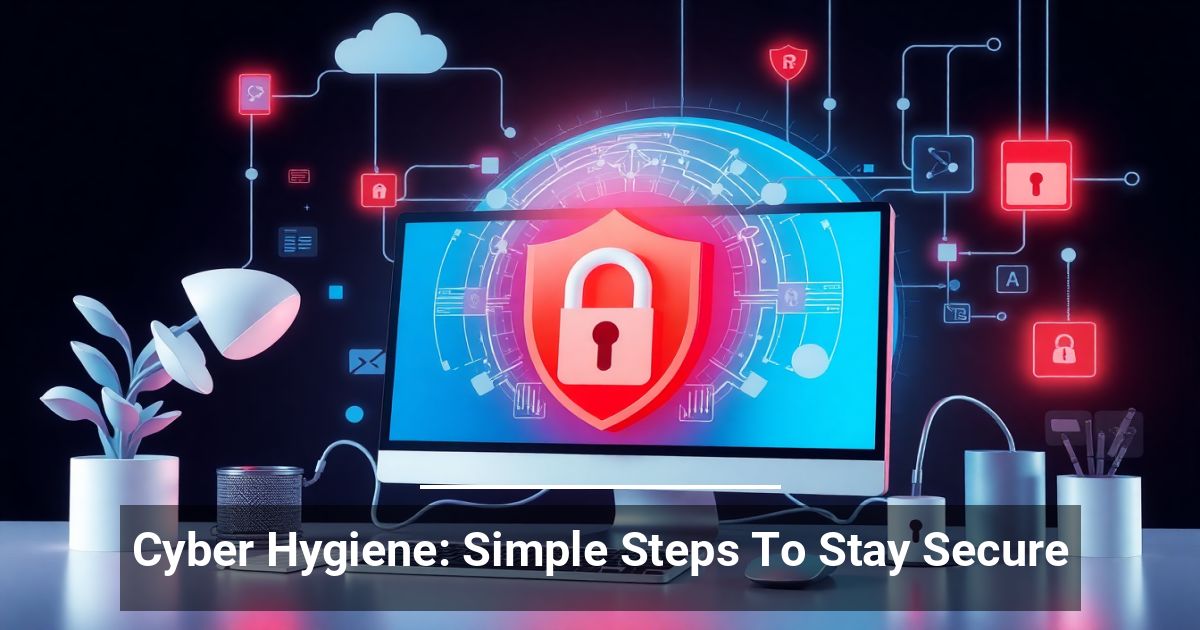 How protected is your business in today’s digital age? Threats are everywhere and only growing more sophisticated each day.
How protected is your business in today’s digital age? Threats are everywhere and only growing more sophisticated each day.
Cyber hygiene is about developing good habits to keep your digital information safe. Think of it as brushing your teeth but for your devices and systems.
Incorporate these straightforward practices into your current cybersecurity routine.
- Strengthen Login Access
The passwords of your various devices and accounts are your first line of defense. Here are the best ways to make them as strong as possible:
- Avoid easily guessable information
- Regularly change passwords and never reuse them across multiple accounts
- Enable multi-factor authentication (MFA) wherever possible for an added layer of security
- Keep Your Software Up to Date
Threat actors will continuously look for weaknesses in your digital defenses. Software providers work hard to fix these flaws through regular patches.
Update your operating systems, applications, and antivirus software across all devices. Many systems allow automatic updates for convenience. All you need to do is enable this feature.
- Think Before You Click
Have you ever received a dubious email or text from a seemingly “trusted” entity? Criminals can pose as banks or colleagues and trick you into giving sensitive information or clicking on malicious links and attachments.
Trust your instincts, and never rush to respond. Verify the sender’s identity and look for red flags, such as:
- Generic greetings instead of addressing you by name
- Poor spelling and grammatical mistakes
- Urgent language pressuring you to act quickly
- Cagey response when pushed for more details
- Protect Your Data Through Backup Protocols
It never hurts to create copies of your most important company data. It gives you a better chance of bouncing back quickly from cyberattacks and system failures while keeping operations running smoothly.
Think of it as not putting all your eggs in one basket — your data stays safe in multiple places. Use both physical storage and automated cloud solutions whenever possible.
- Invest in Antivirus Software
The maximum firewall settings in reputable operating systems often do a good job, but they aren’t foolproof. Additional tools and programs can detect potential threats before they cause harm.
Choose software from a trusted provider and update it regularly. Obsolete versions won’t catch the latest risks.
- Avoid Using Public Wi-Fi
A quick, free connection isn’t worth compromising your security. That’s why you should never log into sensitive accounts or make payments without a VPN. Use a private network or your phone’s hotspot for secure browsing instead.
Build a Stronger Cybersecurity Foundation for Your Business Today
Technology has reshaped industries. Businesses now operate, communicate, and serve customers in a digital world, so cyber hygiene matters more than ever. Form strong password habits, stay on top of software updates, and take other necessary steps to protect your business.





